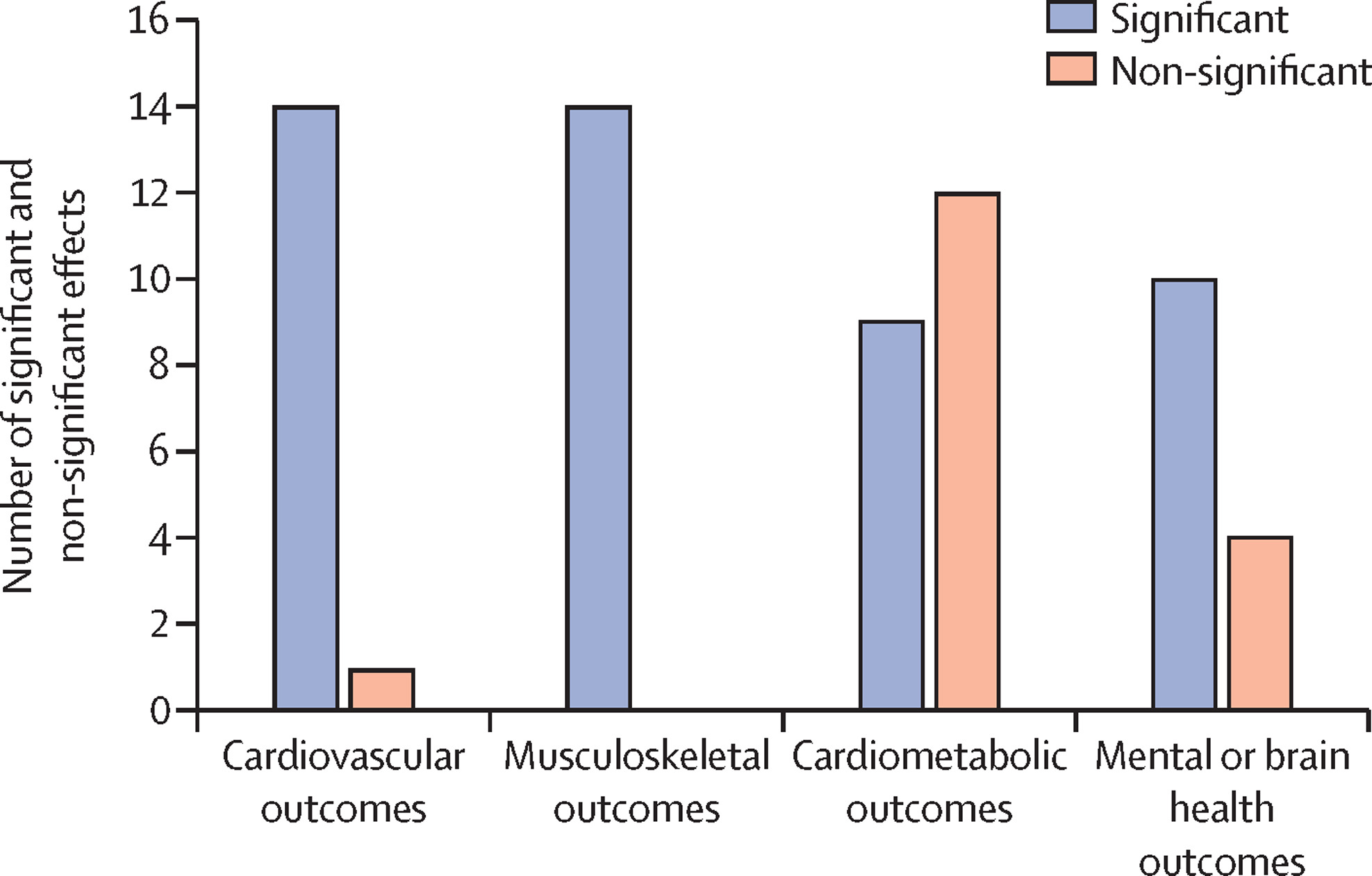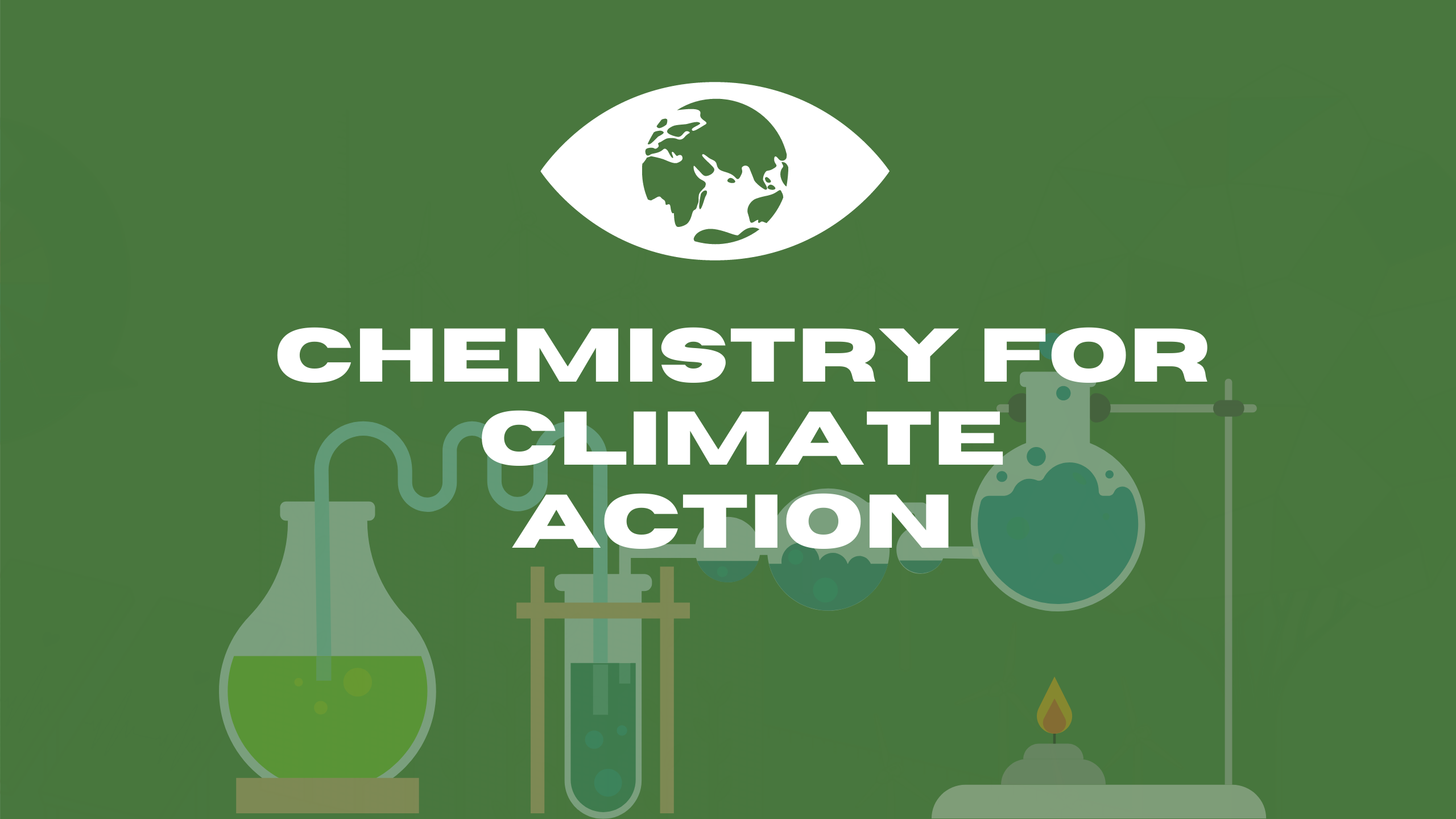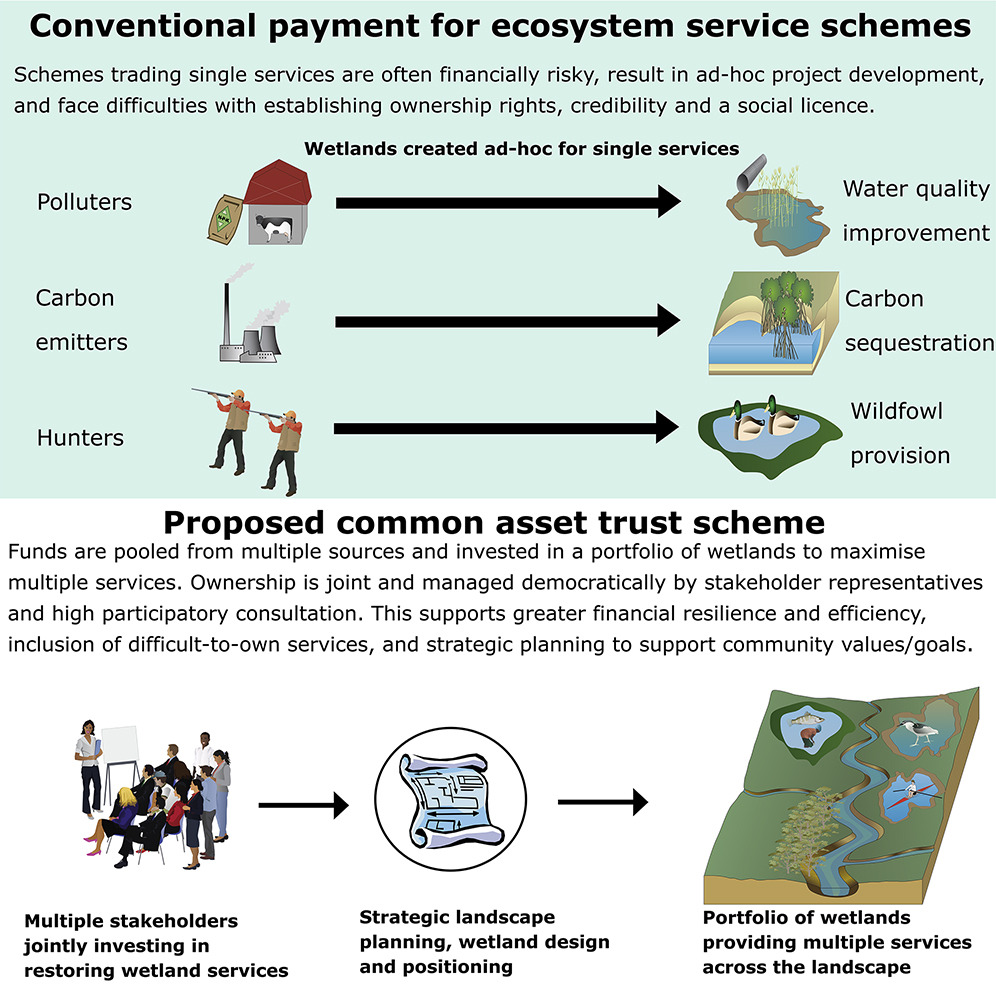Approximately 1·5 billion people worldwide live with a physical, mental, sensory, or intellectual disability, about 80% of which are in low-income and middle-income countries. This Series paper provides a global overview of the prevalence, benefits, and promotion policies for physical activity for people living with disabilities (PLWD). PLWD are 16–62% less likely to meet physical activity guidelines and are at higher risk of serious health problems related to inactivity than people without disabilities.
Vascular Disease in Women, An Overview of the Literature and Treatment Recommendations, 2021, Pages 307-338
Stroke (Seventh Edition): Pathophysiology, Diagnosis, and Management, 2022, Pages 179-186.e3



